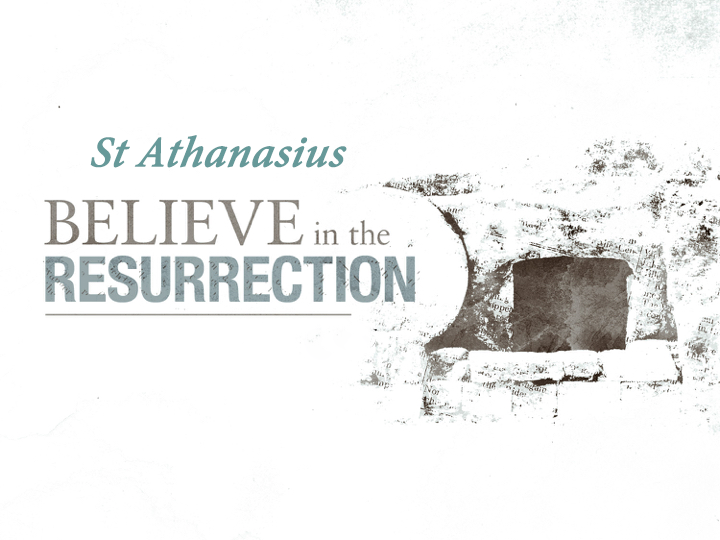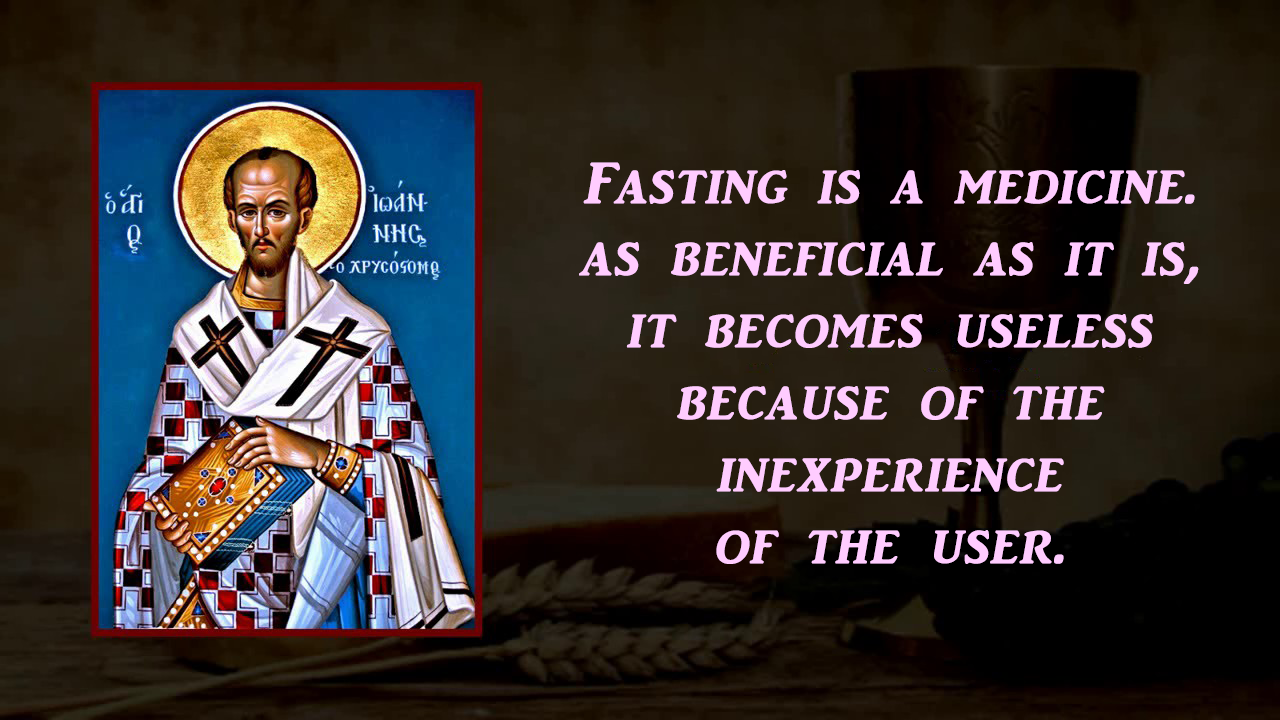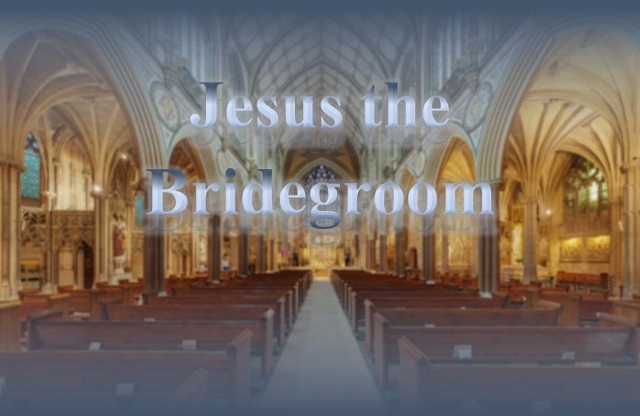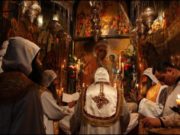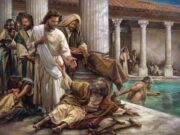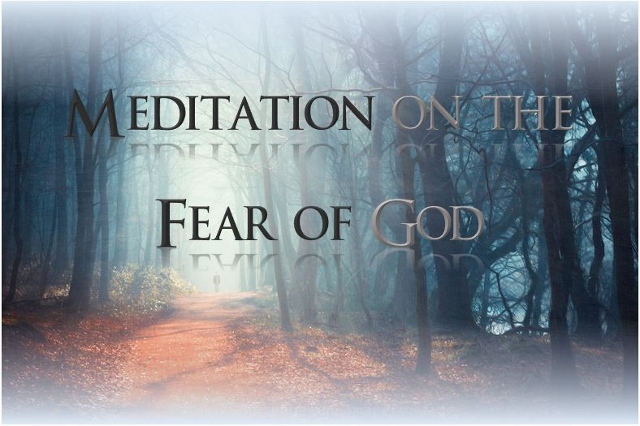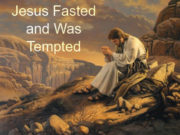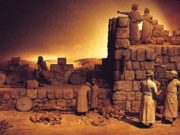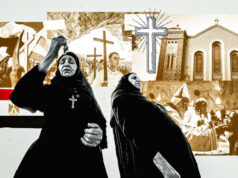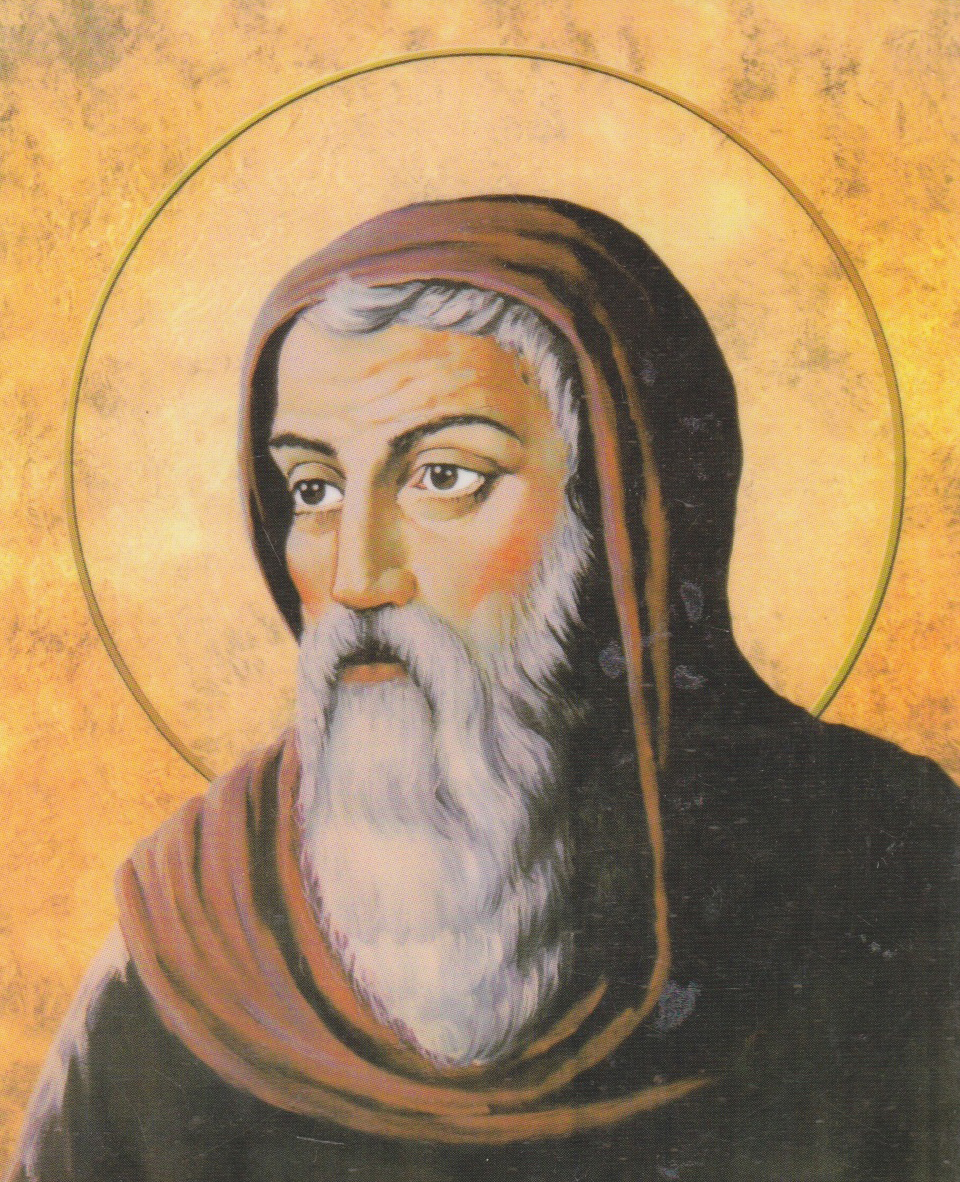
I marvel at your conduct in Christ, dear Marcellinus. Indeed you are successfully enduring the present trial, although you have suffered many tribulations in it, and you do not neglect the discipline.’ For when I inquired from your letterbearer how you fare in your continuing illness, I learned that you maintain a studious attitude toward all the holy Scripture, but that you read most frequently the Book of Psalms, and strive to comprehend the meaning contained in each psalm. On the basis of this, then, I commend you, since I too have a great fondness for the same book-just as I have for all the Scripture. Indeed, it so happens that I had a conversation with a learned old man, and I wish to write you those things that old master of the Psalter told me about it. For there is a certain grace and persuasiveness combined with the reasonable statement. He said this:
All Scripture of ours, my son both ancient and new is inspired by God and profitable for teaching, as it is written. But the Book of Psalms possesses a certain winning exactitude for those who are prayerful. Each sacred book supplies and announces its own promise. Yet the Book of Psalms is like a garden containing things of all these kinds, and it sets them to music, but also exhibits things of its own that it gives in song along with them.
It sings the events of Genesis in Psalm 18: The heavens declare the glory of God; and the firmament proclaims the work of his hands. The themes of Exodus and Numbers and Deuteronomy it chants beautifully in Psalms 77 and 113 when it says: At the going forth of Israel from Egypt, of the house of Jacob from a barbarous people, Judea became his sanctuary, and Israel his dominion. The things concerning Joshua and the judges it manifests somehow in psalm 106 when it says: And they establish for themselves cities of habitation, and they sow fields and plant vineyards. For the land of the promise was given over to the people of Joshua. It signifies the Book of Judges. When they cry out, He raises judges in the right time and saves His people from their tribulations. The stories of the kings it sings, surely, in the 19th psalm, stating: Some glory in chariots, and some in horses: But we will glory in the name of the Lord our God. They are overthrown and fallen: But we are risen, and have been set upright. 0 Lord, save the King, and hear us in whatever day we call upon you. The events of Esdras in Psalm 125 it sings: When the Lord overturned the captivity of Sion, we became as comforted ones. The pronouncements of the Prophets are declared in nearly every psalm. About the visitation of the Savior, and that he will make his sojourn as one who is God.
For in addition to the other things in which it enjoys an affinity and fellowship with the other books, it possesses, beyond that, this marvel of its own namely, that it contains even the emotions of each soul, and it has the changes and rectifications of these delineated and regulated in itself. Therefore anyone who wishes boundlessly to receive and understand from it, so as to mould himself, it is written there.
And it seems to me that these words become like a mirror to the person singing them, so that he might perceive himself and the emotions of his soul, and thus affected, he might recite them. For in fact he who hears the one reading receives the song that is recited as being about him, and either, when he is convicted by his conscience, being pierced, he will repent, or hearing of the hope that resides in God, and of the support available to believers – how this kind of grace exists for him- he exults and begins to give thanks to God.
If the point needs to be put more forcefully, let us say that the entire Holy Scripture is a teacher of virtues and of the truths of faith, while the Book of Psalms possesses somehow the perfect image for the souls’ course of life.









